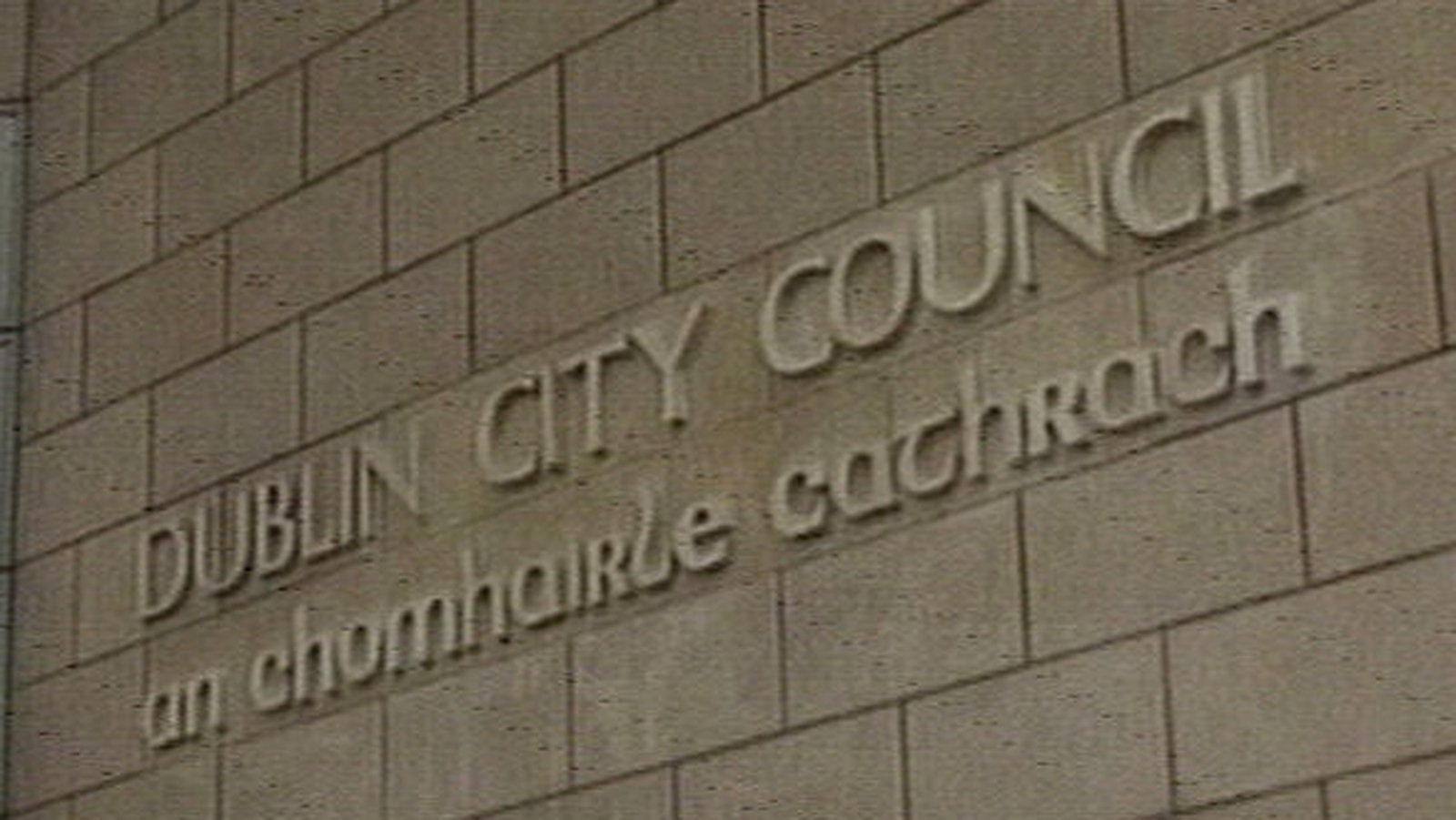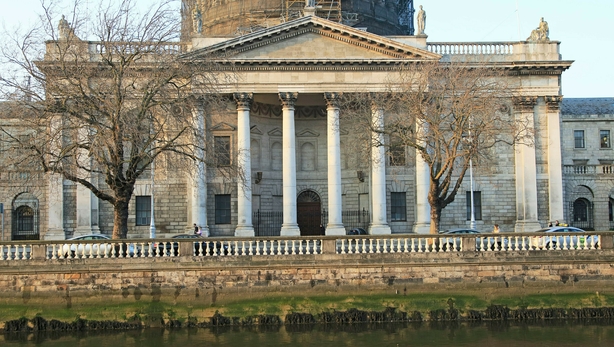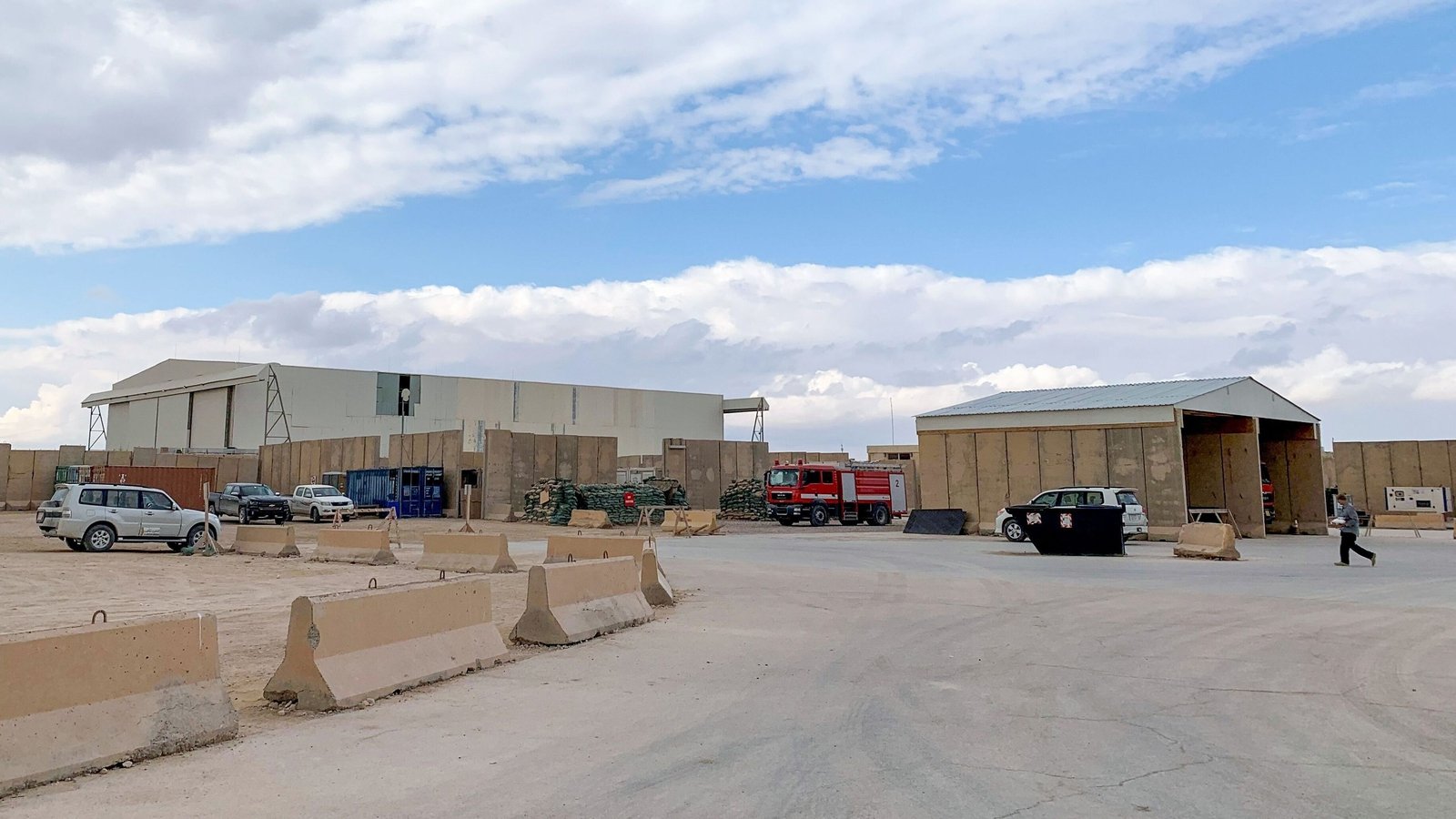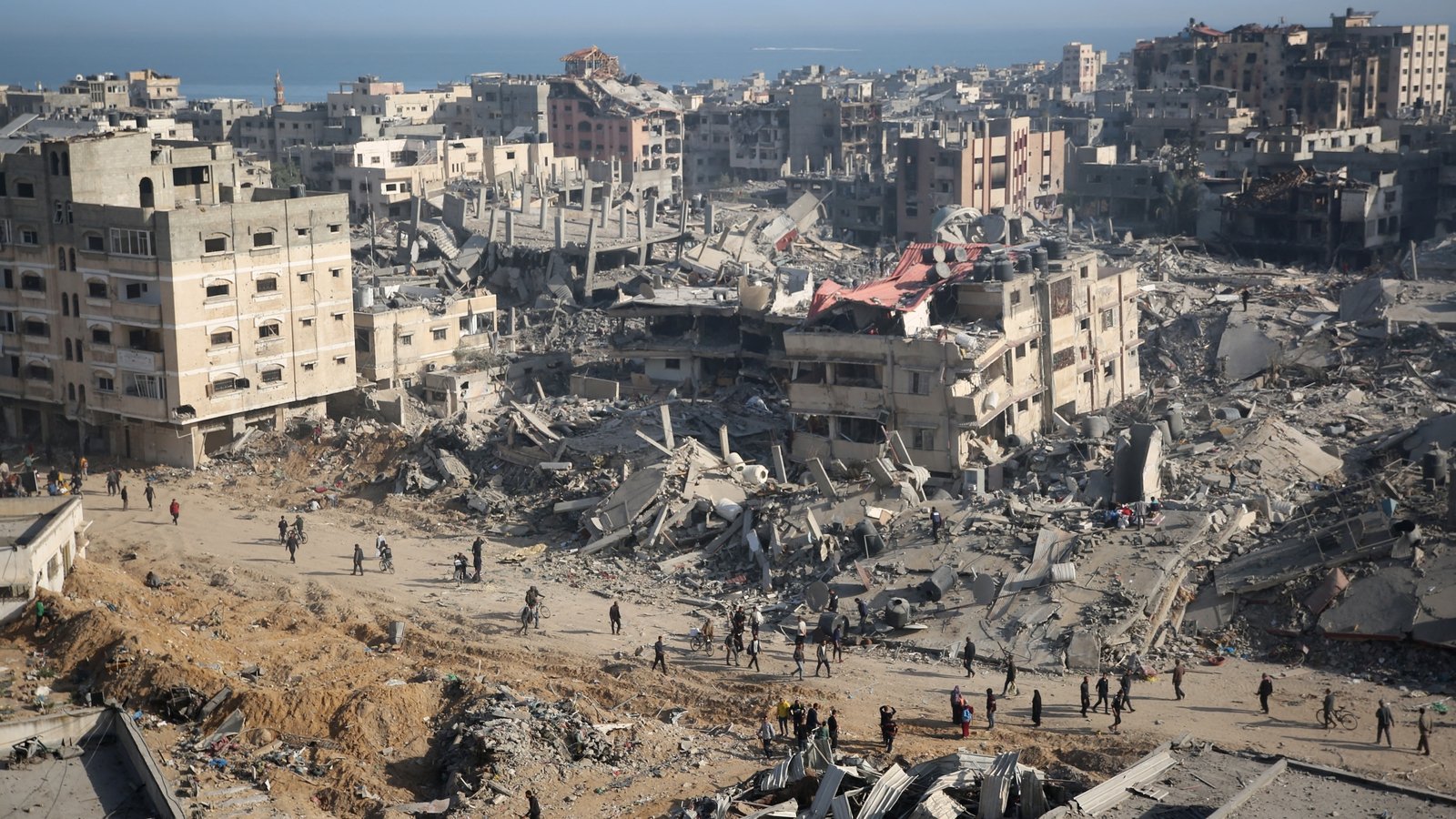‘No evidence’ DCC reimbursed firms who paid criminals

The Department of Housing has said a report it commissioned more than four years ago has found no evidence that Dublin City Council (DCC) reimbursed building companies who paid protection money to criminals to build houses in west Dublin.
Three contractors building houses for DCC and an approved housing body paid thousands of euro in protection money to a drug dealer and his enforcer in 2016 and 2017 to stop their sites being damaged and staff being attacked.
The Butler report has not been published, but findings and recommendations have been shared with city councillors by the DCC chief executive.
The department said the report also found that while senior management in DCC and the approved housing body did not know about the protection racket, they did not make any effort to find out what was going on either, when their employees were interviewed about it by gardaí.
The extortion racket emerged five years ago in the High Court, which found that more than a quarter of a million euro seized by the Criminal Assets Bureau (CAB) from Derek ‘Dee Dee’ O’Driscoll, of Croftwood Grove in Ballyfermot, was the proceeds of crime.
O’Driscoll is a notorious Dublin criminal with 20 previous convictions including for bribing a garda, violent disorder and perverting the course of justice.
The 50-year-old first came to prominence 26 years ago when he was convicted of animal cruelty after he was caught keeping a jaguar and a serval – an African wild cat – in his garage.
His loyal friend and “enforcer” David Reilly, of Croftwood Park, has 59 previous convictions for a variety of offences.

CAB told the High Court that both Reilly and O’Driscoll are part of a criminal organisation involved in serious crime and the supply of heroin, cocaine and cannabis in Ballyfermot and west Dublin.
O’Driscoll is the leader of the drugs gang, CAB said.
The three building contractors hired O’Driscoll and Reilly after sustaining ongoing anti-social behaviour at their sites in the Ballyfermot/Cherry Orchard area of Dublin.
The building sites and staff had been attacked, diggers were set on fire with the drivers still in them and one driver was hit with bricks as he fled CAB.
The companies paid the criminals between €1,200 and €1,500 a week and the attacks stopped once they were put on the payroll.
O’Driscoll and Reilly’s lifestyles included flights abroad, luxury holidays, high-end cars and properties which CAB said were financed by extortion, drug dealing and tax offences.
Reilly got married in 2011 in Ibiza.
Lodgements from building companies
The men’s accounts showed various lodgements from the building companies including sums of over €35,000, €39,000 and €85,000.
The former minister for housing appointed a retired senior counsel to examine the role, if any, of DCC in the events
Patrick Butler SC found that while there was clear evidence the contractors had paid protection money to O’Driscoll and Reilly, there was no evidence that DCC had reimbursed the contractors.
The department said the report also found no evidence that invoices had been raised with DCC for fencing maintenance as had been alleged in the CAB proceedings.
The report found that the contracts for both sites controlled by DCC were administered with, what the department says, was “impressive control” and that the administration of these contracts “does not disclose a vulnerability to this type of extortion”.
Mr Butler found that the intimidation of contractors into paying protection money “is a question of law and order” not of contracts and their administration.
He also found that private security on sites by a contractor “is entirely a matter for the contractor”, but that these should be in accordance with the law, in this case, the Private Security Services Act 2004.
However, while the report also found no evidence that senior management at DCC or the approved housing body were aware of the payment of protection money, he criticised the fact that neither did they take any steps to find out what was going on.
Mr Butler pointed out that employees from both organisations were interviewed by the gardaí about the criminal activity on three sites, but “neither management took steps to inform themselves why these interviews had taken place and did not inquire” when the employees returned to work.
Management, he said, were therefore “unable to assist the minister”, but “they could have if they had made even the most basic inquiries”.
Private Security Services Act
The report recommended that the contract used by approved housing bodies receiving State funds for development should include a requirement that any security be provided in accordance with the Private Security Services Act and that the body receiving the funding should police that.
It said DCC and all local authorities should direct its employees to immediately report all or any form of intimidation, which then should be reported to gardaí
The report also recommended that all local authorities develop a protocol with a risk assessment to manage these issues.
It was also alleged by CAB during the High Court proceedings against O’Driscoll and Reilly that two officials from DCC were not only aware of the attacks, but also recommended to the builders that they hire the two criminals.
A garda investigation ensued and a file was sent to the Director of Public Prosecutions, who directed no prosecution in the case
A spokesperson for the Department of Housing said the report remains “under deliberative process by the department”, but that it is seeking confirmation that all local authorities have issued a communication to staff requiring them to report immediately any forms of intimidation or anti-social behaviour, or any so called incidences of “protection payments” made to any person.
The department also said it has sought confirmation that chief executives have put in place a protocol or procedure, on a risk management basis, to manage incidences of intimidation, anti-social behaviour and/or demands for “protection payments” on construction projects under their control or in which they have a financial interest.”
A spokesperson for DCC said it has not yet seen the full Butler Report so it would be inappropriate to comment at this time.





